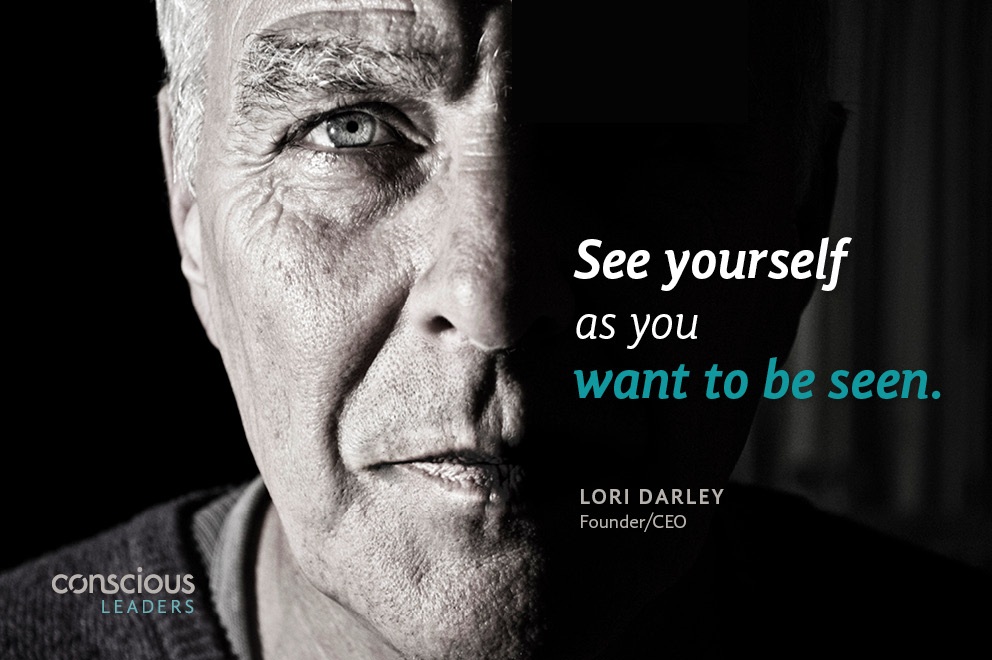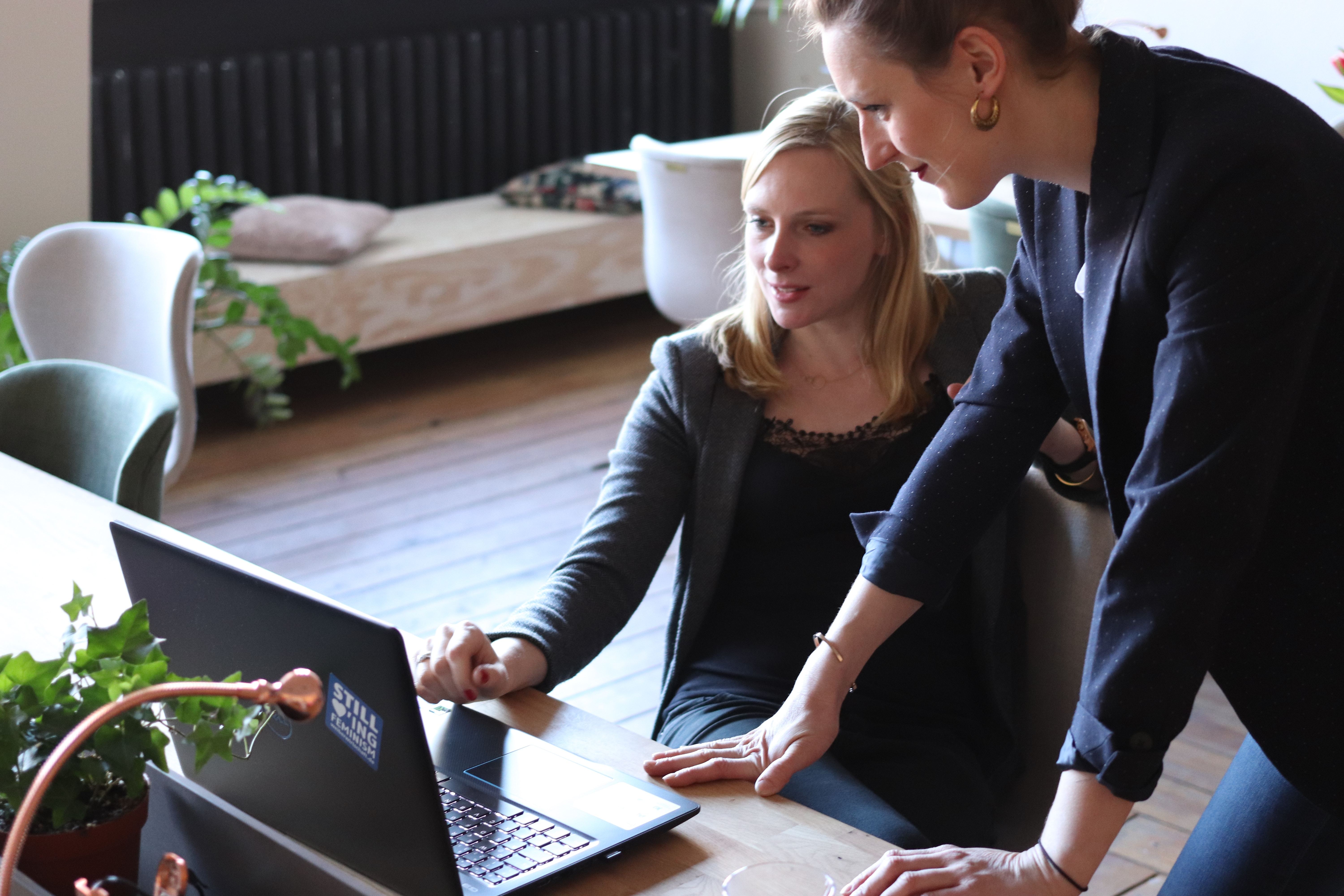Stop Eating the Dog: How Competition May be Hurting Your Business
Co-authored with Agata Antonow
We’re so surrounded by competitiveness; it can seem like the biological order of the day. As a toddler, I would compete with my older sister, pushing my four-year-old body to become a leading ballet student, just like Amy. In school, I studied to keep up with Amy’s straight As, poring over books well into the night. It would be years before I learned my competition was an inside job and had nothing to do with my sister at all. It came from my internal view that there was a limit on how much love my parents had to go around.
When even young children compete, isn’t it all too tempting to think competition is somehow hard-wired into us? It’s easy to see life as one big Hunger Games, each of us contending for the promotion, the bigger business contract, the more attractive spouse. Even brilliant minds sometimes fall into this trap—many articles have been written about how to survive in the “dog eat dog” world of business and life.
But I don’t want to eat a dog—and maybe you don’t, either. Maybe it’s time to take a long look at what competition does for us and whether this “survival of the fittest” paradigm is even serving us.
The idea of competition, at its core, comes from the idea that there isn’t enough. When we look at the world through this internal dialogue of scarcity, we believe there aren't enough resources, time, or money to go around. The news and media support this, with talk of market shares, the 99 percent, and the GDP. There’s only room for 500 on the Fortune 500, after all.
Because it stems from a woeful tale of lack, competition can become a twisted sense of comparison. We look at how others are doing in their business, instead of focusing on our own journey. It leads to discontent when we think we “should” be further along or reaching different levels of success because another company is realizing those benchmarks. We lose sight of the fact that it’s our journey that matters, which is a direct route to bitterness, envy, and even inertia. What’s the point of starting that business or launching a new line when so many people are further ahead?
This is where the dog really bites in our dog eat dog world.
"The problem, of course, is that even when using competition to drive us to more innovation or greater heights, we can feel like we’re failing because the risks and innovations are coming from a scarcity mindset."
Competition isn’t all bad, of course. One of the best biggest benefits is that it can lead to innovation and to a little stretching. When I was trying to keep up with my sister, I couldn't compete at the level of dance or schoolwork—at least at first. What did I do? I started to compete for attention through acts of love and humor. I perfected my comedy and my own brand of performance.
Some businesses invest in research and development or expand into new services or products to keep up with the competition. Not content to rest on their laurels, seeing an up-and-coming organization may propel them to take risks, try new things.
And of course businesses are in internal competition to reach certain benchmarks. To achieve any success in business, we need to generate profits. Profit-making is the mechanism for making a business flourish, and companies have different ideas as to how to achieve that. Some institute profit-sharing to encourage employees to be more efficient. Others focus on shareholders.
The problem, of course, is that even when using competition to drive us to more innovation or greater heights, we can feel like we’re failing because the risks and innovations are coming from a scarcity mindset. When we compete for the love of our potential customers by striving to be our best, we are making ourselves more attractive to clients and customers. But are we aware of it? And when is it enough?
There is another way. Some call it servant leadership, the stakeholder model, or the triple bottom line. At its core is a mind shift from scarcity mindset to the idea that sufficiency and abundance are possible and real in creating a flourishing business. Setting down the survival of the fittest approach means significant transformations in a business.
If you’re an evidence-based person, I encourage you to read the book Abundance by Peter Diamandis or Lynne Twist’s The Soul of Money. Both books unravel the idea of abundance and ask us to turn away from the idea of competition at any cost.
Competition because you think there isn’t enough is very different than a type of playful competition where we know there is enough. When there is enough to go around, the stakes are lowered and competition becomes a personal game to encourage innovation. Innovation isn’t do-or-die but a personal contest to be our best. It also becomes a true creative act. We’re no longer frantically trying to come up with ways to steal a piece of the pie but digging deep and unlocking the space where creativity resides.
When there is enough, we can also choose to embrace sustainable business practices. If we believe in the survival of the fittest, exploitation may be the order of the day. After all, it’s us or them. When we’re playful and confident there is enough for us, too, we create more of what we seek. If we think we have a potential customer base of “only” 50,000 customers, we may be willing to do anything to get as many of them as possible. If we believe there are enough customers, we may find there are far more than 50,000 customers willing to work with us if we change our approach or offerings. My friend Corey Blake always reminds me that when we lead with love and commit to it, we see more love created and we see it is a more memorable and sustainable force than fear.
Some businesses are choosing to embrace this approach by shifting their focus from employees and shareholders to stakeholders. Rather than trying to please employees or shareholders, they choose to see everyone impacted by the business as stakeholders and strive to honor all of them.
As I grow my business, I am pledging something new: Every time I engage in an exchange of goods and services I will recognize abundance at work. I am getting out of the dog fight and engaging with love and an unshakeable belief there is enough. Won’t you join me?




